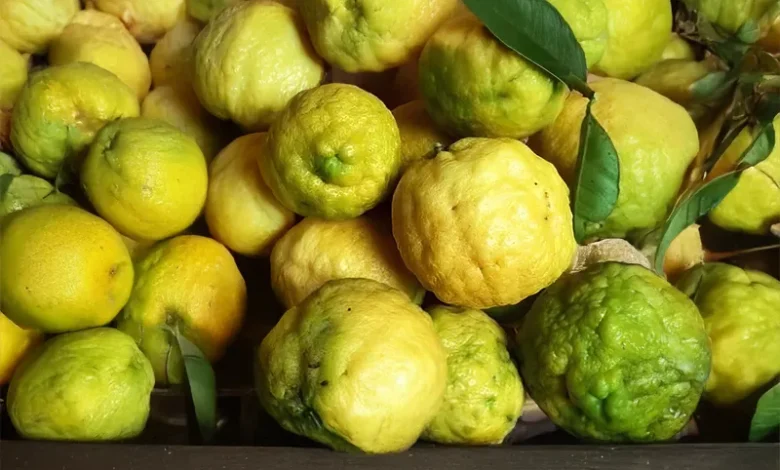Lemons from Dominica

Lemons from Dominica flourish in the island’s fertile volcanic soil and tropical climate, thriving in humid valleys, upland farms, and coastal orchards. Their zesty flavor, high acidity, and aromatic zest make them essential in local cuisine, beverages, and traditional remedies. These lemons contribute to regional exports, supporting farmers and agro-processors. Used in juices, marinades, and essential oils, they are valued for their culinary and medicinal properties. Sustainable farming, government initiatives, and increasing demand for organic produce continue to strengthen Dominica’s citrus industry.
Varieties of Lemons Cultivated in Dominica
In Dominica, the primary lemon varieties include:
- Femminello Lemon: Originating from Italy, this variety is known for its high yield and continuous blooming cycles, making it a valuable cultivar for consistent production.
- Eureka Lemon: Characterized by its slightly textured skin and minimal seeds, the Eureka lemon is favoured for its tangy juice and is commonly used in culinary applications.
- Lisbon Lemon: Similar to the Eureka, the Lisbon lemon has smooth skin and is highly acidic, making it ideal for both cooking and juicing purposes.
These varieties thrive in Dominica’s fertile volcanic soils and favourable climate, particularly in regions such as the Layou Valley and the southwest.
Production and Economic Significance
Lemon cultivation in Dominica, while not as extensive as other citrus fruitss, plays a role in the island’s agricultural sector. In 1999, the country produced approximately 1,000 tons of lemons and limes.
These fruits are utilized both for domestic consumption and export, contributing to the livelihoods of local farmers and the broader economy.
Agricultural Practices and Support
Dominican farmers employ sustainable agricultural practices to enhance lemon production:
- Organic Fertilization: Transitioning from chemical fertilizers to organic alternatives has improved crop yields and fruit quality. Farmers have reported producing cleaner, healthier, and more enormous lemons as a result of this shift.
- Integrated Pest Management: Utilizing natural pest control methods to maintain tree health and reduce reliance on chemical pesticides.
To further bolster the citrus industry, the Dominican government has initiated infrastructure projects aimed at enhancing production and quality. Notably, in January 2025, a Citrus Certification Facility was established in Londonderry. This facility is designed to provide essential testing and certification services, ensuring that Dominica lemons meet international standards and expanding market opportunities for farmers.
Challenges and Future Outlook
Despite favourable growing conditions, the lemon industry in Dominica faces challenges, including susceptibility to hurricanes and the need for modernization in farming techniques. However, with ongoing investments in infrastructure, such as the Citrus Certification Facility, and a focus on sustainable practices, the future of lemon cultivation in Dominica appears promising. These efforts aim to enhance production, ensure quality, and strengthen Dominica’s position in the regional and international citrus markets.
In summary, lemons are a valuable component of Dominica’s citrus industry, supported by favourable environmental conditions and proactive agricultural practices. Continued investment and sustainable farming methods are poised further to elevate the prominence of Dominican lemons in global markets.




